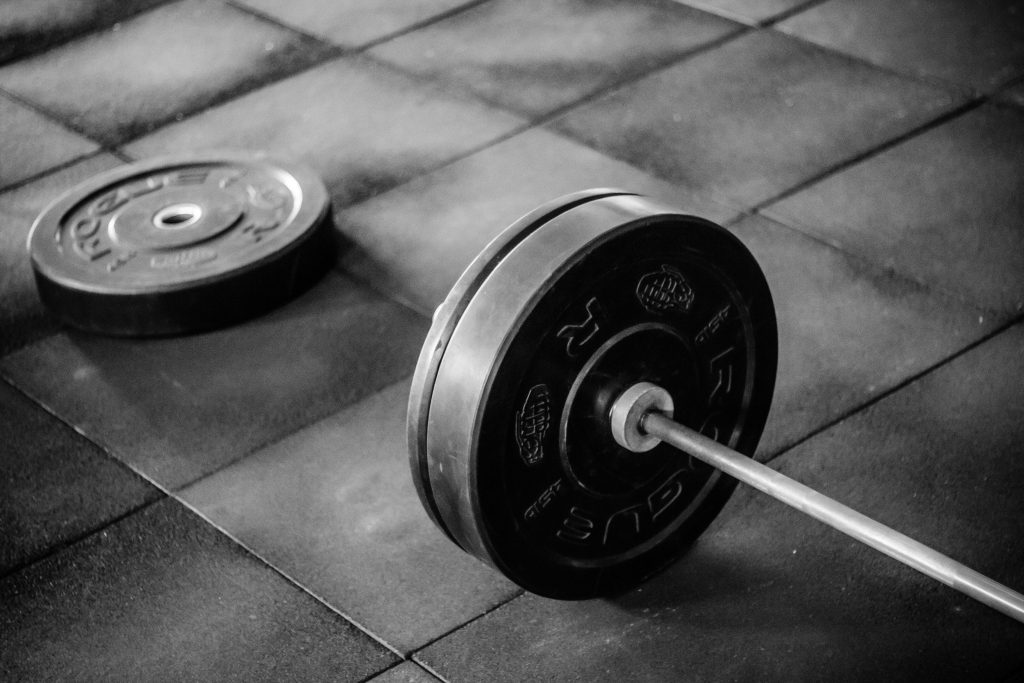
Those that are somewhat familiar with parasports – sports played by PWDs – may be aware that several world records by para-athletes are actually better than similar records held by the abled counterparts.
One could argue that para-athletes have the advantage of assistive technology in many of these sports, leading to a superior performance.
While this is true, para-powerlifting is an exception. Athletes participating in official para-powerlifting competitions do not have the aid of assistive technology, yet the very best competitors are able to bench multiple times their body weight.
In fact, five out of eight female powerlifting world records – as well as 6 out of 8 male powerlifting records – would be held by Paralympians if they were directly compared to abled athletes.
It’s also worth noting that the current para-powerlifting world records are based on the greatest weight lifted according to weight class, and not on the amount of weight lifted per kilo of body weight.
In other words, para-powerlifters don’t get an advantage due to potential lower limb impairments that reduce their overall body weight, which makes the record they achieve all the more impressive.
Here are 3 potential reasons why para-powerlifters can showcase a more impressive performance than their abled counterparts:
Leg position affects bench performance
While para-powerlifting rules mostly mirror that of typical powerlifting guidelines, the most notable exception is with regards to leg placement.
Unlike regular powerlifting, where abled athletes are required to place their feet on the ground, all para-powerlifters instead have their legs placed or strapped onto the bench during their weight lifting.
Pockets of research suggest that this is an unintentional advantage by implying that an individual’s upper body muscles can yield more strength when the legs are not placed on the ground. That said, such findings remain inconclusive.
Shorter limbs equal better muscle function
In a sporting competition that involves lowering a bar to your chest before pushing it until your arms are fully extended, shorter limbs are arguably a clear advantage.
Shorter limbs means that para-powerlifters are required to lift across a smaller range of movement. In several cases, a smaller range of movement also allows for one’s muscle to be better engaged throughout the benching process.
However, these findings are also inconclusive. Regular powerlifters with shorter arms don’t perform notably better than those with longer arms. Meanwhile, not all para-powerlifters have shorter limbs, even when considering their physical disability.
Para-powerlifters focus solely on bench presses
Typical powerlifters compete in more than one category, which not only include bench presses, but also squats and deadlifts.
Meanwhile, para-powerlifters focus entirely on the bench press. Due to this singular focus, para-powerlifters can dedicate more time to training specific muscles more intensely, which could explain why their bench pressing performance tends to be superior.
Unsurprisingly, this assumption is also inconclusive. After all, one cannot train a specific muscle group effectively without sufficient rest.
Ultimately, none of the potential reasons stated undermine the immense capabilities of professional para-powerlifters. Without any conclusive advantage, what remains clear is that great physical performance is certainly within reach through dedication, regardless of one’s physical disability.
References
Christopher Latella (2021) 3 reasons why Paralympic powerlifters shift seemingly impossible weights [Accessed 10 July 2024] Available at: https://theconversation.com/3-reasons-why-paralympic-powerlifters-shift-seemingly-impossible-weights-166824